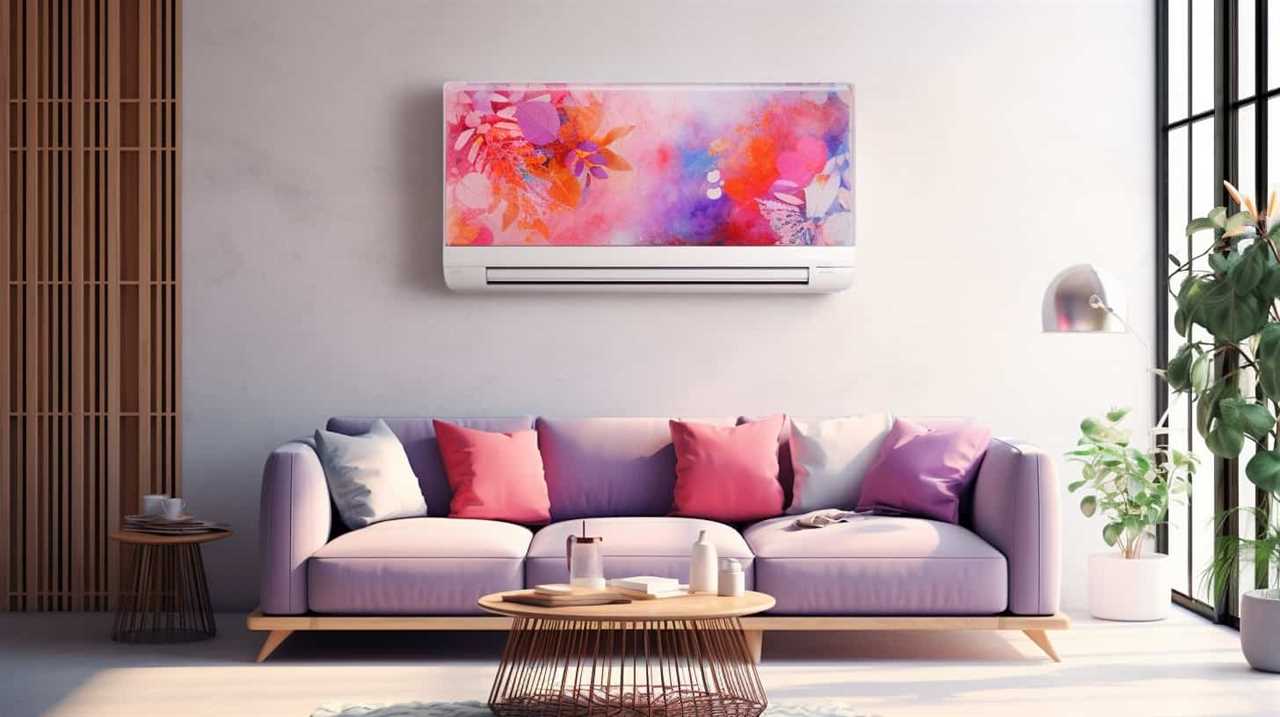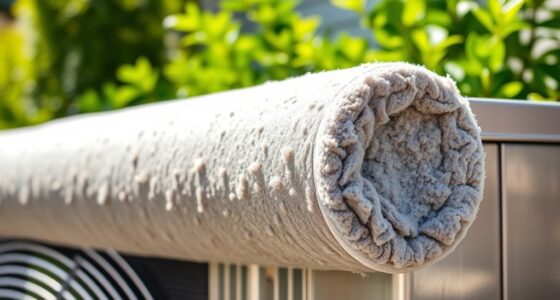Come join us as we explore the fascinating world of heat pumps!
In this article, we will delve into the cool role of thermal transfers in these incredible devices.
Get ready to uncover the secrets behind their efficiency, performance, and lifespan.
We’ll explore the different types of thermal energy transfers and even troubleshoot common issues.

So, sit back, relax, and let us serve you a refreshing dose of knowledge on thermal transfers in heat pumps.
Key Takeaways
- Heat pumps transfer heat energy from a low-temperature source to a high-temperature sink.
- Thermal transfers enhance heat pump performance by efficiently moving heat.
- Maximizing heat flow and optimizing heat exchange boosts heat pump efficiency.
- Maximizing energy efficiency through proper insulation, regular maintenance, and energy-efficient components.
The Basics of Thermal Energy Transfer in Heat Pumps
We’ll now explore the fundamentals of how thermal energy is transferred in heat pumps. Understanding heat pump operation is essential for optimizing thermal energy usage.
Heat pumps work by transferring heat energy from a low-temperature source to a high-temperature sink, using a refrigerant as the medium. This process involves four main steps: evaporation, compression, condensation, and expansion.
During evaporation, the refrigerant absorbs heat from the low-temperature source, changing from a liquid to a gas. The compressor then increases the pressure and temperature of the refrigerant gas, making it suitable for transfer to the high-temperature sink.
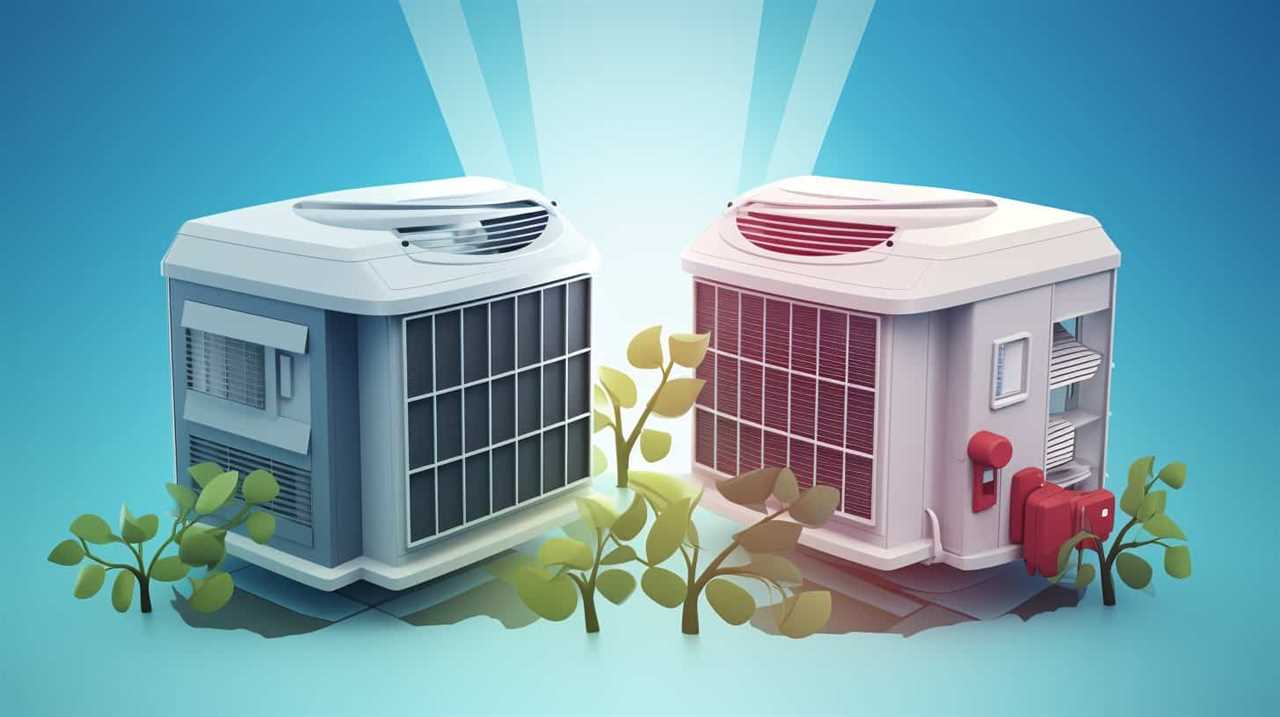
In the condenser, the refrigerant releases heat to the surroundings, turning back into a liquid. Finally, the expansion valve reduces the pressure of the refrigerant, preparing it for the next cycle.
Understanding the Role of Thermal Transfers in Heat Pump Efficiency
Thermal transfers play a crucial role in the efficiency of heat pumps. Understanding how thermal energy is transferred within the system is essential for optimizing its performance.
Importance of Thermal Transfers
Understanding the significance of thermal transfers is essential in maximizing heat pump efficiency. Thermal transfers play a crucial role in enhancing the performance of heat pumps by efficiently transferring heat from one area to another.
Here are five key reasons why thermal transfers are important in heat pump systems:
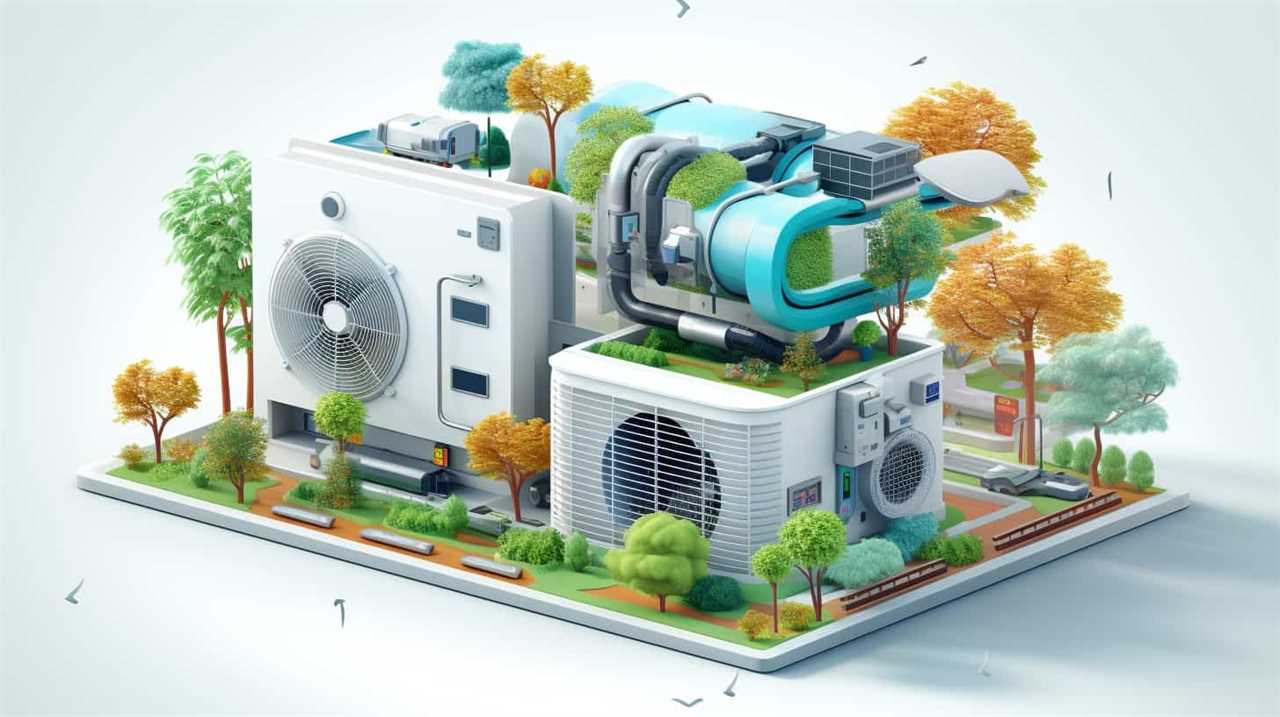
-
Improved energy efficiency: Effective thermal transfers ensure that heat is efficiently moved from the source to the desired area, reducing energy waste.
-
Enhanced comfort: By optimizing thermal transfers, heat pumps can provide consistent and comfortable temperatures throughout the space.
-
Reduced operating costs: Efficient thermal transfers minimize the energy required to heat or cool a space, resulting in lower utility bills.
-
Extended equipment lifespan: Proper thermal transfers prevent excessive strain on the heat pump, leading to longer equipment lifespan.
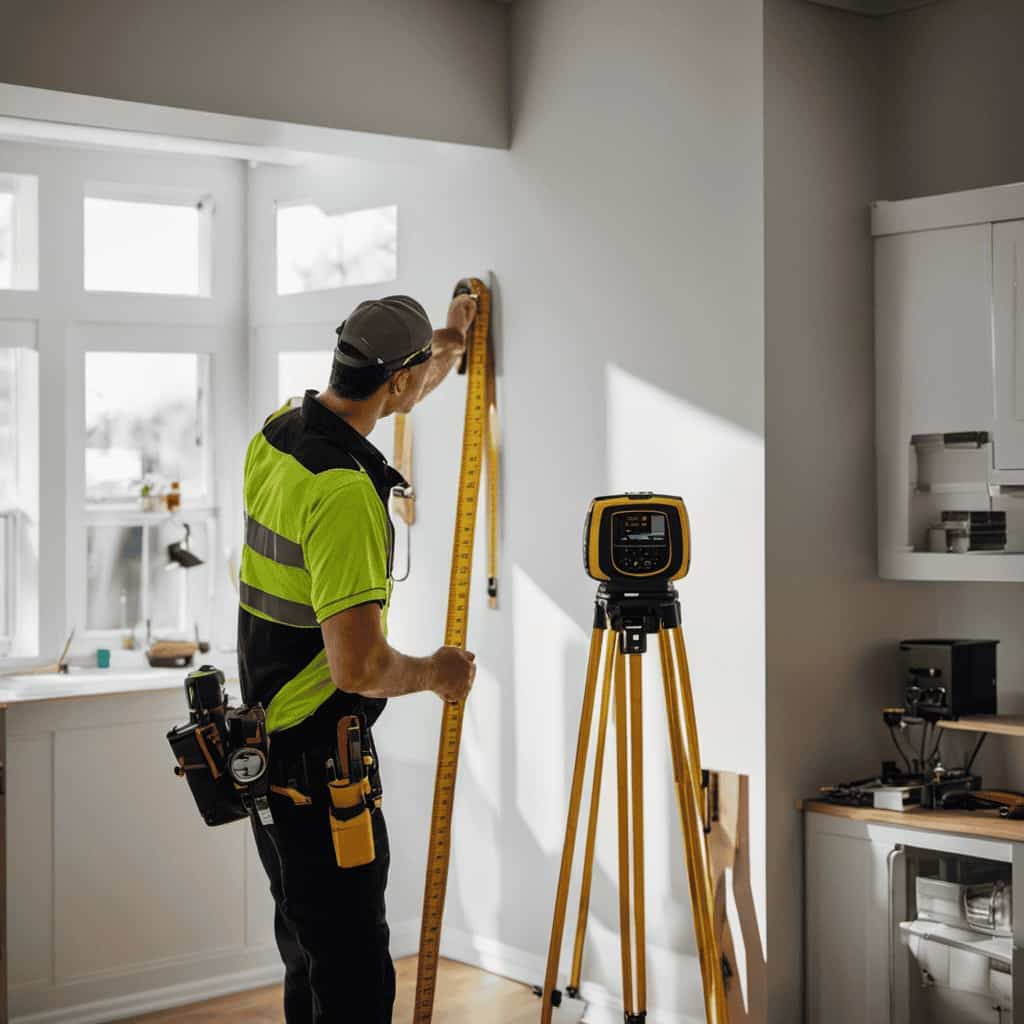
-
Environmental sustainability: Optimal thermal transfers contribute to reduced energy consumption, promoting a more sustainable and eco-friendly approach to heating and cooling.
Enhancing Heat Pump Efficiency
Let’s explore how optimizing thermal transfers can boost heat pump efficiency. One crucial aspect of enhancing heat pump efficiency is maximizing heat flow and optimizing heat exchange. By improving the transfer of heat between the different components of the heat pump system, we can ensure that the heat pump operates at its highest efficiency levels.
To illustrate this concept, let’s take a look at the following table:
| Heat Transfer Component | Efficiency Improvement |
|---|---|
| Evaporator | Increased heat absorption |
| Compressor | Enhanced heat compression |
| Condenser | Improved heat rejection |
| Expansion Valve | Optimal heat expansion |
| Heat Transfer Fluid | Efficient heat transfer |
As shown in the table, optimizing the thermal transfers in each component of the heat pump system contributes to overall efficiency improvement. By focusing on maximizing heat flow and optimizing heat exchange, we can ensure that heat pumps operate at peak performance, serving their purpose of providing efficient heating and cooling solutions.
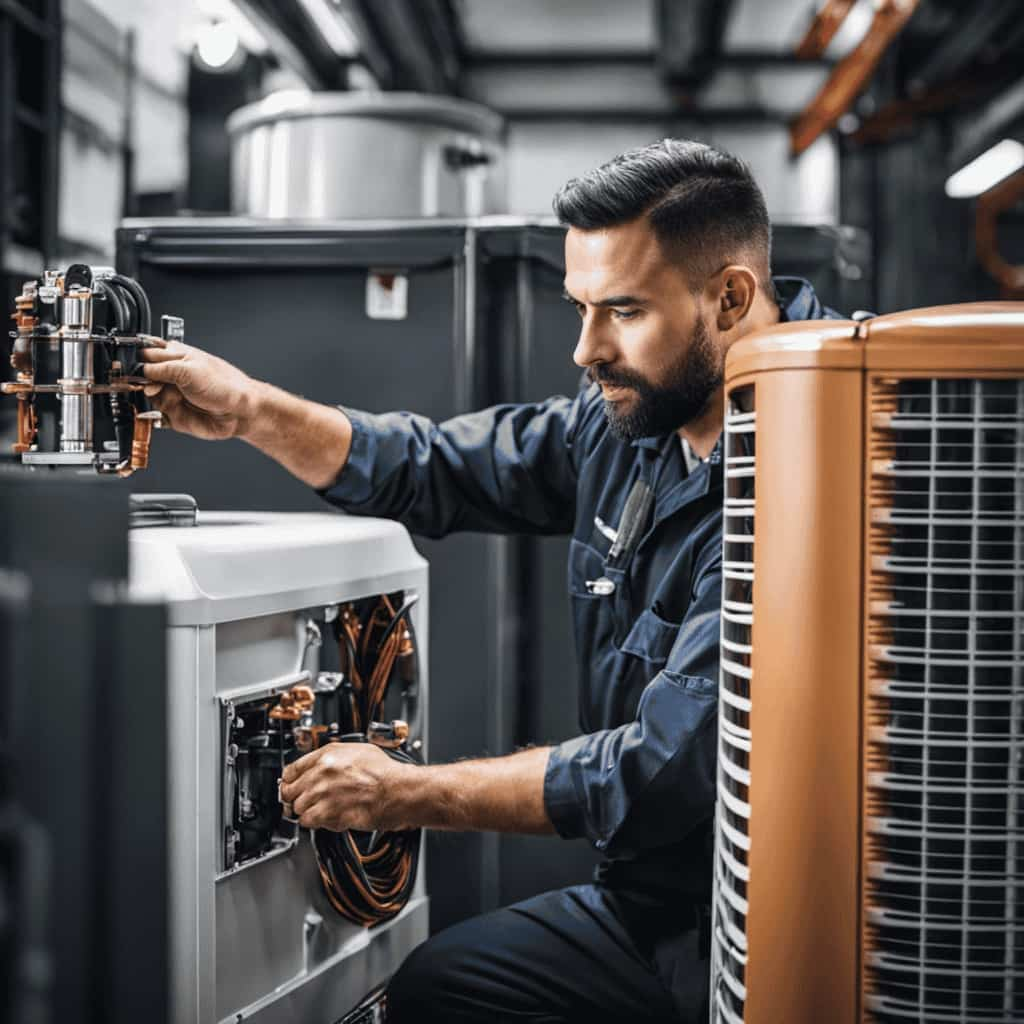
The Science Behind Thermal Energy Transfer in Heat Pumps
We use a refrigerant to transfer thermal energy in heat pumps. Understanding the science behind thermal energy transfer is crucial for improving heat pump performance. Here are five key points to help you grasp the concept:
-
Heat transfer mechanisms: Heat pumps operate on the principles of conduction, convection, and radiation to transfer thermal energy from one location to another.
-
Refrigerant properties: The choice of refrigerant plays a vital role in heat pump efficiency. Refrigerants with high heat capacity and low boiling points are preferred.
-
Evaporation and condensation: During the heat transfer process, the refrigerant undergoes phase changes from liquid to vapor and back, absorbing and releasing heat energy.

-
Heat exchangers: Heat pumps utilize evaporators and condensers to facilitate heat transfer between the refrigerant and the surrounding air or water.
-
System optimization: Proper sizing, insulation, and regular maintenance are essential for maximizing heat pump efficiency and minimizing energy consumption.
The Crucial Role of Thermal Transfers in Heat Pump Performance
Our understanding of the crucial role that thermal transfers play in heat pump performance is vital for optimizing efficiency and achieving energy savings. Maximizing heat exchange and optimizing thermal conductivity are key factors in achieving these goals.
In order to maximize heat exchange, it’s important to have efficient thermal transfers between the heat source and the heat sink. This can be achieved by using materials with high thermal conductivity, which allow for better heat transfer. Additionally, proper insulation and sealing of the system can minimize heat loss and improve overall efficiency.
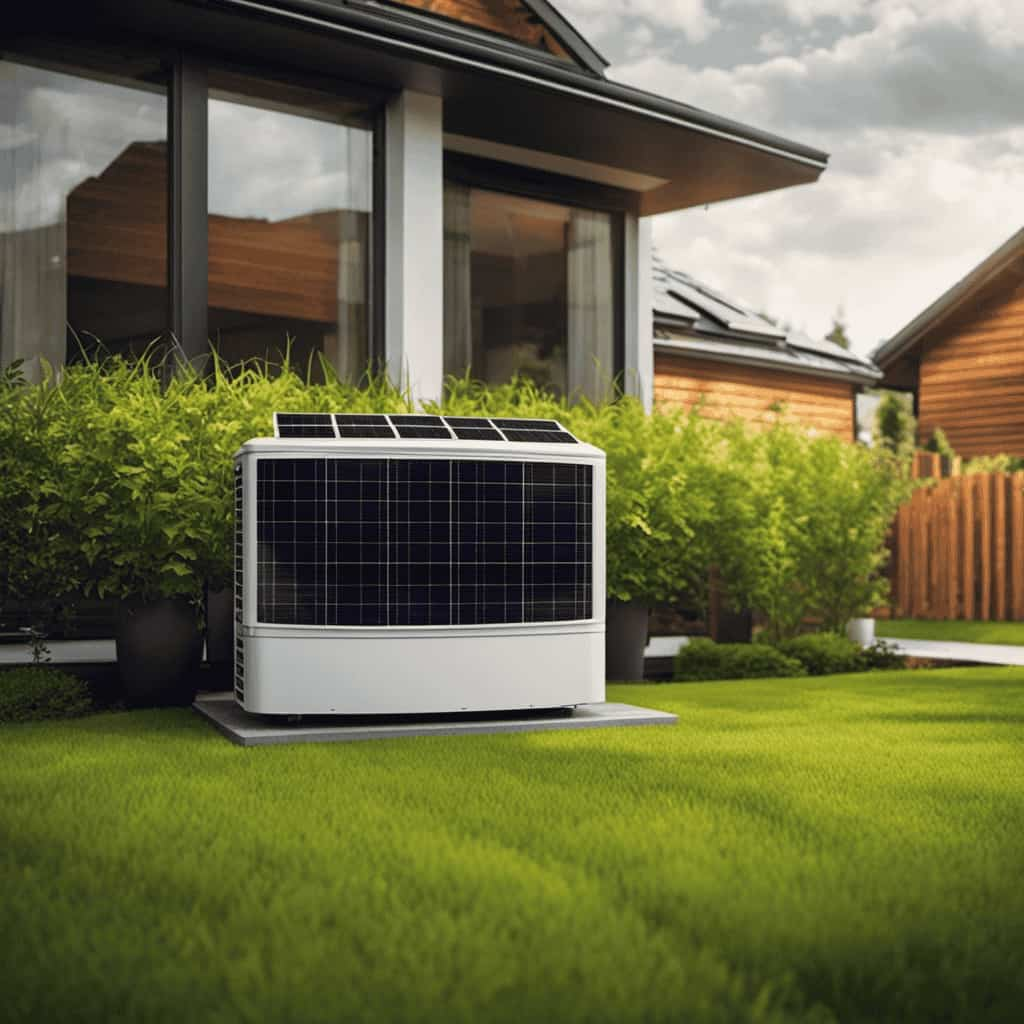
Optimizing thermal conductivity involves carefully selecting the materials used in the heat pump system. Materials with high thermal conductivity, such as copper or aluminum, can enhance heat transfer and improve performance. Additionally, the design and configuration of the heat exchanger can also impact thermal conductivity and heat transfer efficiency.
Exploring the Different Types of Thermal Energy Transfers in Heat Pumps
There are two main types of thermal energy transfers in heat pumps: conduction and convection. Conduction refers to the transfer of heat through direct contact between two objects. In heat pumps, this occurs when the refrigerant absorbs heat from the surroundings through the evaporator coil.
Convection, on the other hand, involves the transfer of heat through the movement of fluids, such as air or water. This occurs when the heated refrigerant releases heat to the surroundings through the condenser coil.
To engage our audience, here are five key points to consider:
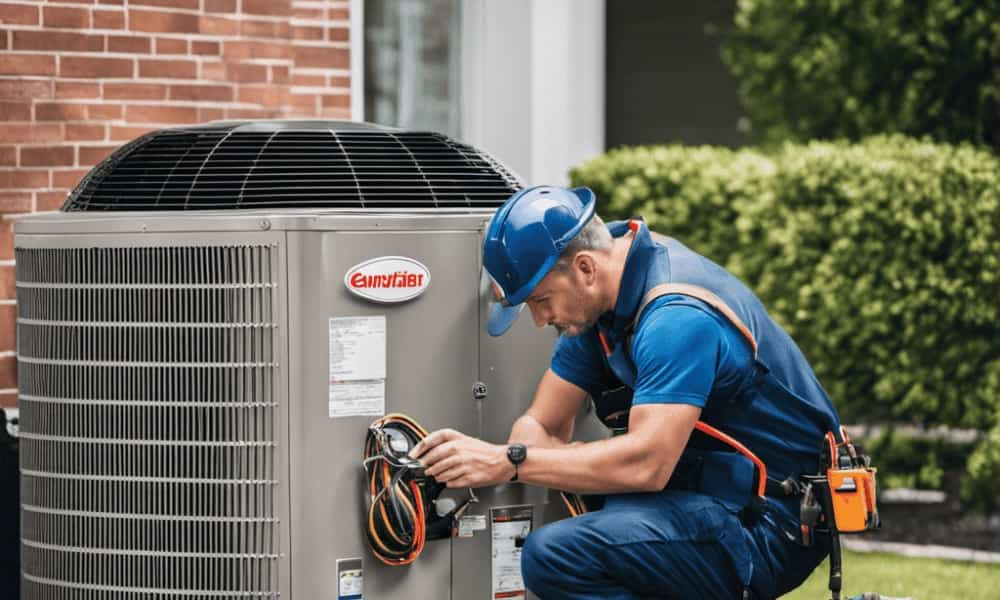
- Climate change impacts: With the changing climate, the efficiency of thermal energy transfer in heat pumps may be affected, leading to decreased performance and increased energy consumption.
- Advancements in technology: Ongoing research and development efforts are focused on improving thermal transfer technology in heat pumps, aiming to enhance efficiency and reduce environmental impact.
- Environmental benefits: Efficient thermal energy transfers in heat pumps contribute to reducing greenhouse gas emissions and combating climate change.
- Energy savings: Optimal thermal energy transfer in heat pumps results in lower energy consumption, leading to cost savings for homeowners and businesses.
- Maintenance and troubleshooting: Understanding the different types of thermal energy transfers helps technicians diagnose and resolve issues more effectively, ensuring the optimal performance of heat pumps.
Maximizing Thermal Transfers for Optimal Heat Pump Operation
To achieve optimal heat pump operation, we must focus on maximizing thermal transfers. This involves maximizing energy efficiency and optimizing heat exchange within the system.
By maximizing energy efficiency, we can ensure that the heat pump operates at its highest performance level while consuming the least amount of energy. This can be achieved through proper insulation, regular maintenance, and using energy-efficient components.
Additionally, optimizing heat exchange is crucial for efficient heat pump operation. This can be done by ensuring proper airflow, minimizing heat loss, and using high-performance heat exchangers.
By maximizing thermal transfers, we can improve the overall efficiency of the heat pump and reduce energy consumption, leading to cost savings for users.
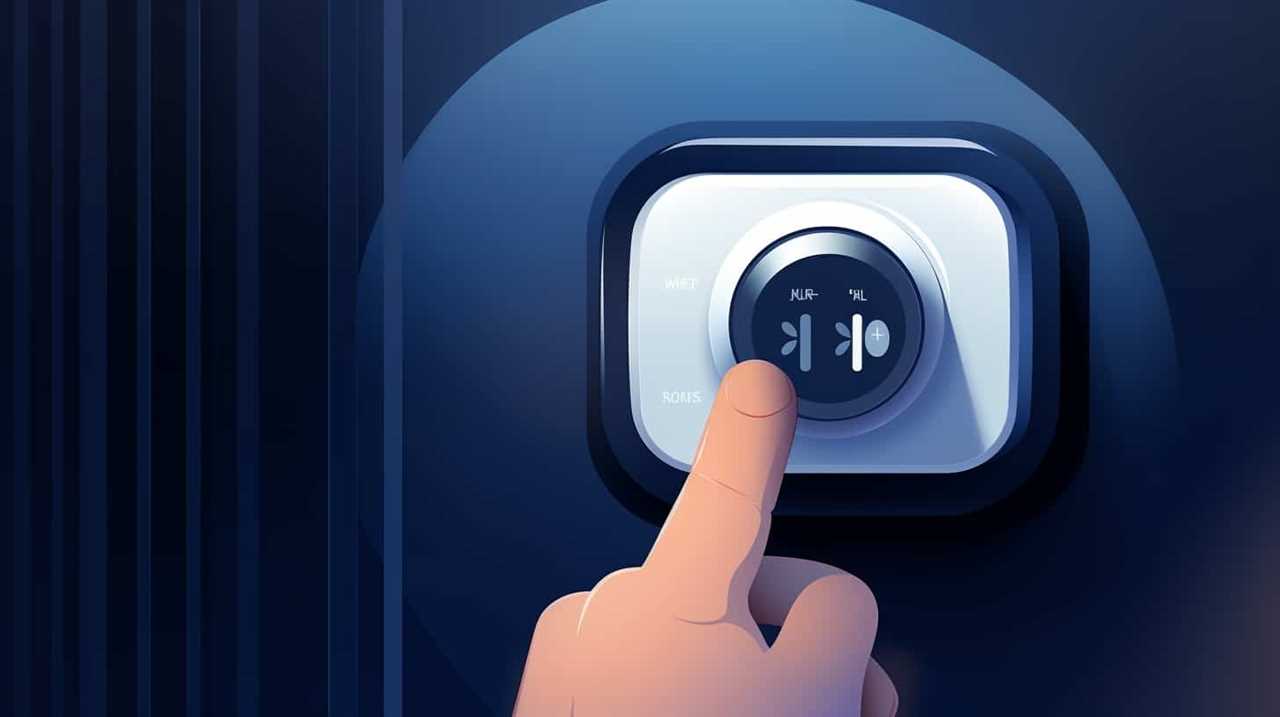
Now let’s explore the impact of thermal energy transfer on heat pump lifespan.
The Impact of Thermal Energy Transfer on Heat Pump Lifespan
As we delve into the impact of thermal energy transfer on heat pump lifespan, it becomes clear that the efficiency of this process plays a crucial role.
The more efficient the thermal transfer, the longer the heat pump is likely to last.
Lifespan and Thermal Transfer
We need to understand the impact of thermal energy transfer on the lifespan of heat pumps. This knowledge is crucial in maximizing efficiency and addressing common issues that may arise.
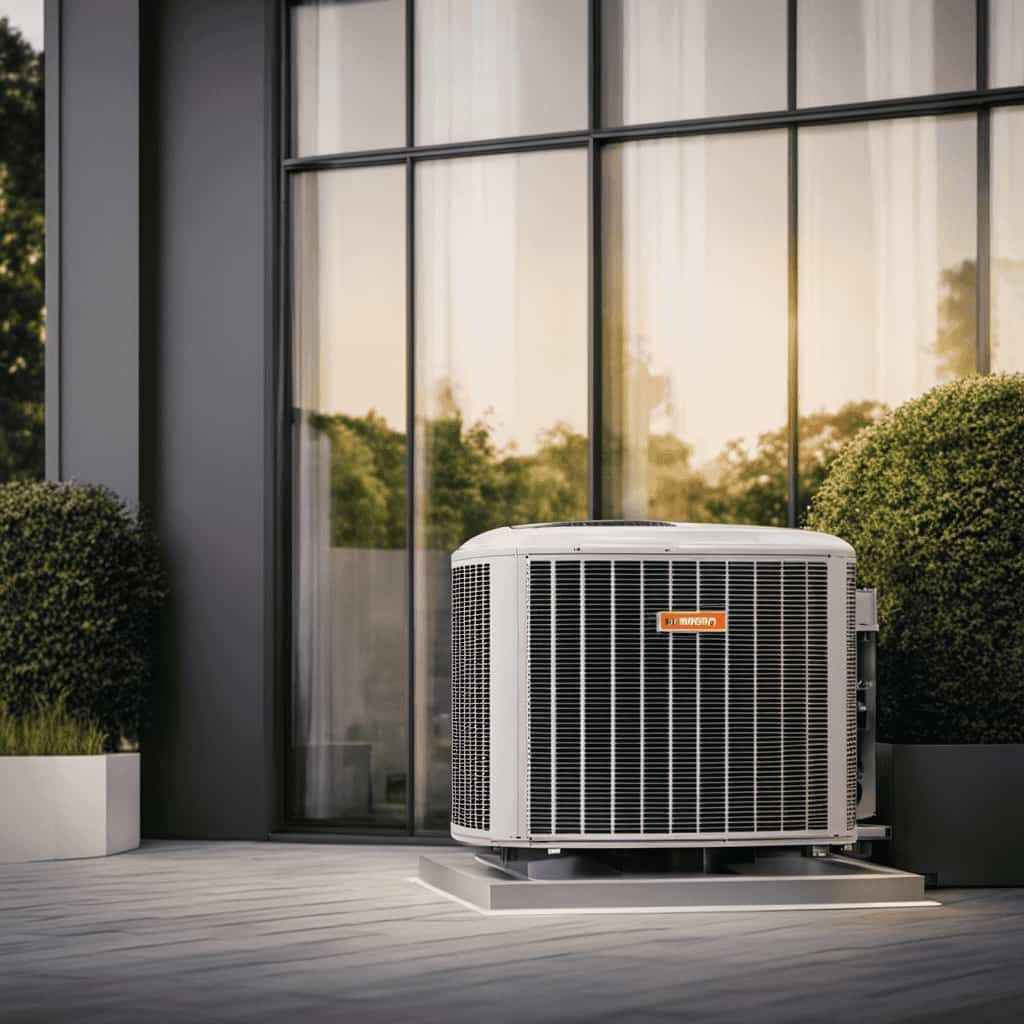
Here are some key points to consider:
-
Proper insulation: Inadequate insulation can lead to heat loss and increased energy consumption, putting additional strain on the heat pump and potentially shortening its lifespan.
-
Regular maintenance: Routine maintenance, such as cleaning filters and checking refrigerant levels, ensures optimal thermal transfer and prevents potential issues that could affect the heat pump’s longevity.
-
Correct sizing: An improperly sized heat pump may struggle to transfer thermal energy efficiently, leading to increased wear and tear on the system.

-
Quality installation: Professional installation ensures proper thermal transfer and reduces the risk of leaks or other installation-related issues that can impact the heat pump’s lifespan.
-
Climate considerations: The climate in which the heat pump is installed can affect its efficiency and lifespan. Extreme temperatures or harsh weather conditions may require additional measures to maintain thermal transfer efficiency.
Understanding these factors and taking appropriate measures can help extend the lifespan of heat pumps while maximizing their efficiency, ensuring they serve their purpose effectively.
Efficiency and Heat Pumps
Proper thermal energy transfer and regular maintenance are key factors in maximizing the efficiency and lifespan of heat pumps. When it comes to heat pumps, efficiency refers to the amount of energy consumed compared to the amount of heat produced. By optimizing performance through effective thermal energy transfer, heat pumps can achieve higher efficiency levels, resulting in lower energy costs and reduced environmental impact.
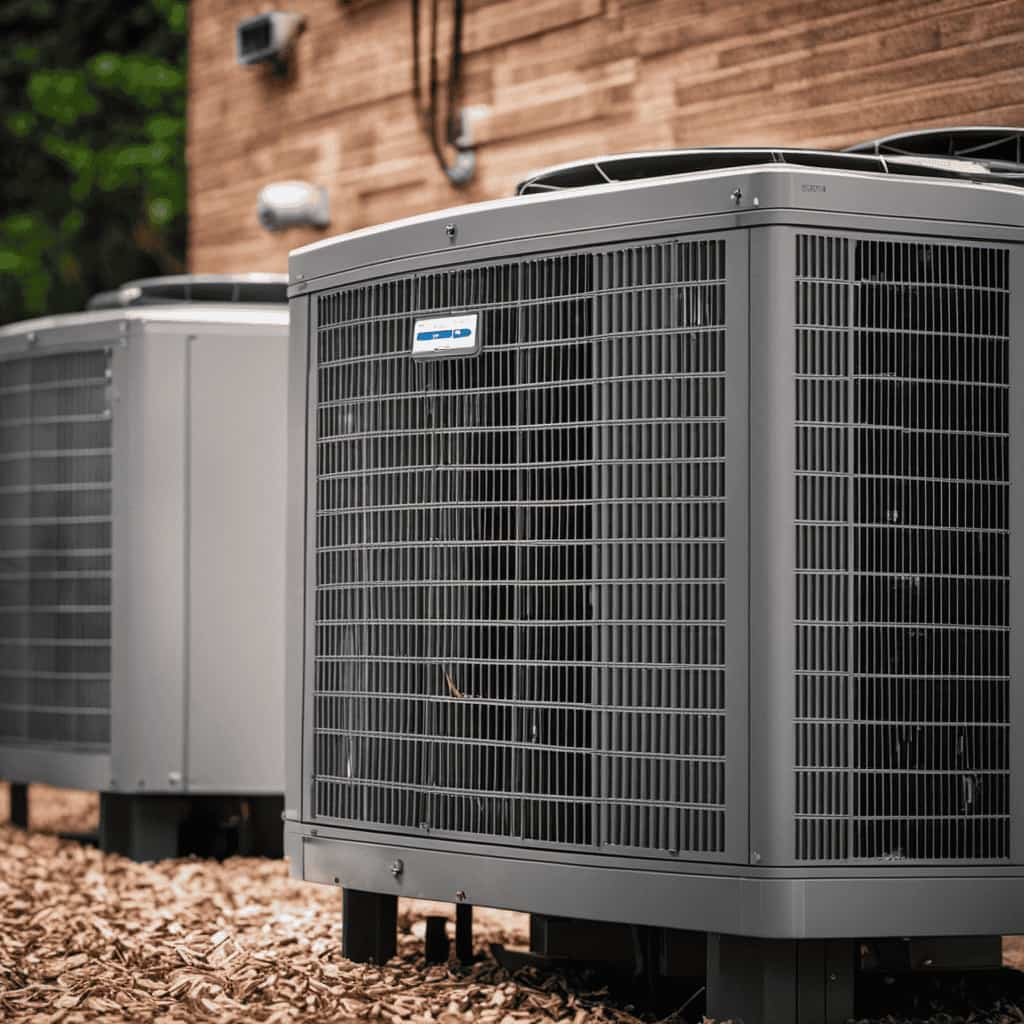
One way to maximize efficiency is by ensuring proper insulation of the system. This prevents heat loss during the transfer process, allowing the heat pump to operate more efficiently. Regular maintenance is also crucial for optimizing performance. This includes cleaning and replacing air filters, checking refrigerant levels, and inspecting the overall system for any signs of wear or damage.
Innovations in Thermal Transfers for Next-Generation Heat Pumps
With advancements in technology, we can explore new possibilities for thermal transfers in next-generation heat pumps. Innovations in heat pump technology and advancements in thermal transfer materials have opened up exciting avenues for improving efficiency and performance. Here are some key developments to look out for:
-
Enhanced heat exchangers: New designs and materials allow for better heat transfer between the refrigerant and the surrounding environment, leading to improved efficiency.
-
Smart control systems: Advanced algorithms and sensors enable heat pumps to optimize energy usage based on real-time conditions, maximizing both comfort and energy savings.

-
Variable speed compressors: These innovative compressors can adjust their speed according to the heating or cooling demand, resulting in precise temperature control and reduced energy consumption.
-
Thermochemical heat pumps: This emerging technology utilizes chemical reactions to transfer heat, offering the potential for even higher efficiency and lower environmental impact.
-
Integration with renewable energy sources: Next-generation heat pumps can be seamlessly integrated with solar panels or geothermal systems, harnessing clean, sustainable energy for heating and cooling.
These innovations pave the way for more efficient, environmentally friendly heat pump systems that can better serve our needs while reducing energy consumption and carbon emissions.
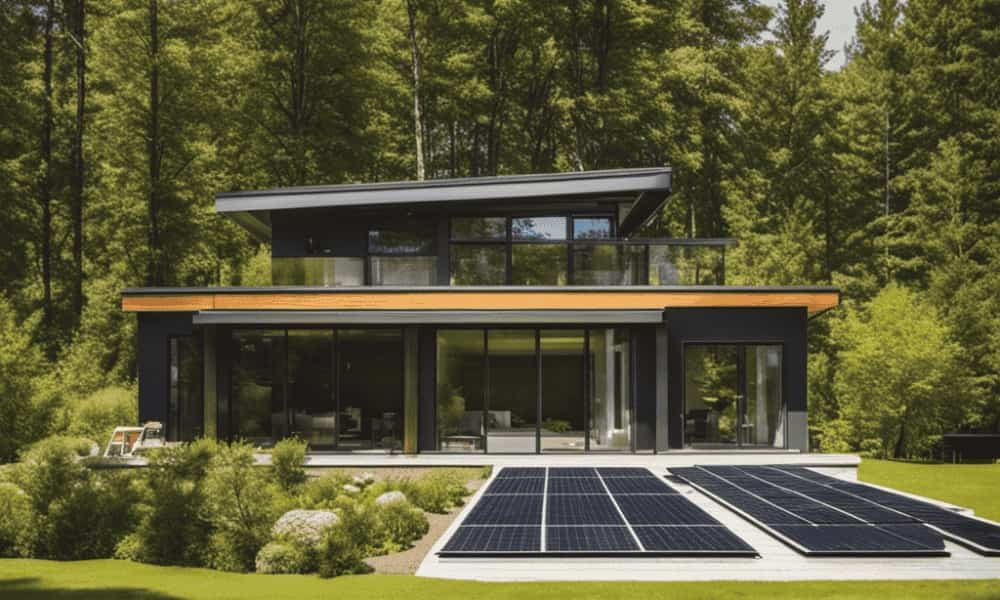
The Importance of Proper Insulation for Effective Thermal Energy Transfer in Heat Pumps
Effective thermal energy transfer in heat pumps relies on proper insulation and a well-sealed system. Proper insulation is essential to prevent heat loss and maintain the efficiency of the heat pump. Without adequate insulation, the heat pump will struggle to transfer heat effectively, resulting in higher energy consumption and reduced performance.
Insulation acts as a barrier, reducing heat transfer between the inside and outside of the heat pump system. It helps to maintain the desired temperature by preventing the escape of heat from the system.
Additionally, a well-sealed system ensures that there are no air leaks, which could compromise the efficiency of the heat pump. By investing in proper insulation and regularly checking for any leaks, homeowners can ensure effective energy transfer and maximize the performance of their heat pump system.
Troubleshooting Common Thermal Transfer Issues in Heat Pumps
When it comes to troubleshooting common thermal transfer issues in heat pumps, one of the key points to address is low heat output and inefficient energy transfer.

This can occur due to various factors such as a malfunctioning compressor, inadequate refrigerant levels, or a faulty expansion valve.
Low Heat Output
Our team has identified a common issue in heat pumps: insufficient heat output. When a heat pump isn’t producing enough heat, it can impact the comfort and energy efficiency of a space.
Here are some possible reasons for low heat output in heat pumps:
-
Clogged air filters: Dirty filters restrict airflow, reducing the amount of heat that can be transferred.

-
Refrigerant leaks: Leaks in the refrigerant system can cause a decrease in heat transfer efficiency.
-
Faulty reversing valve: The reversing valve is responsible for switching between heating and cooling modes. If it malfunctions, it can lead to reduced heat output.
-
Incorrect thermostat settings: Improper settings can cause the heat pump to not operate at its maximum capacity.
-
Undersized heat pump: If the heat pump isn’t properly sized for the space it’s intended to heat, it may not be able to generate enough heat.
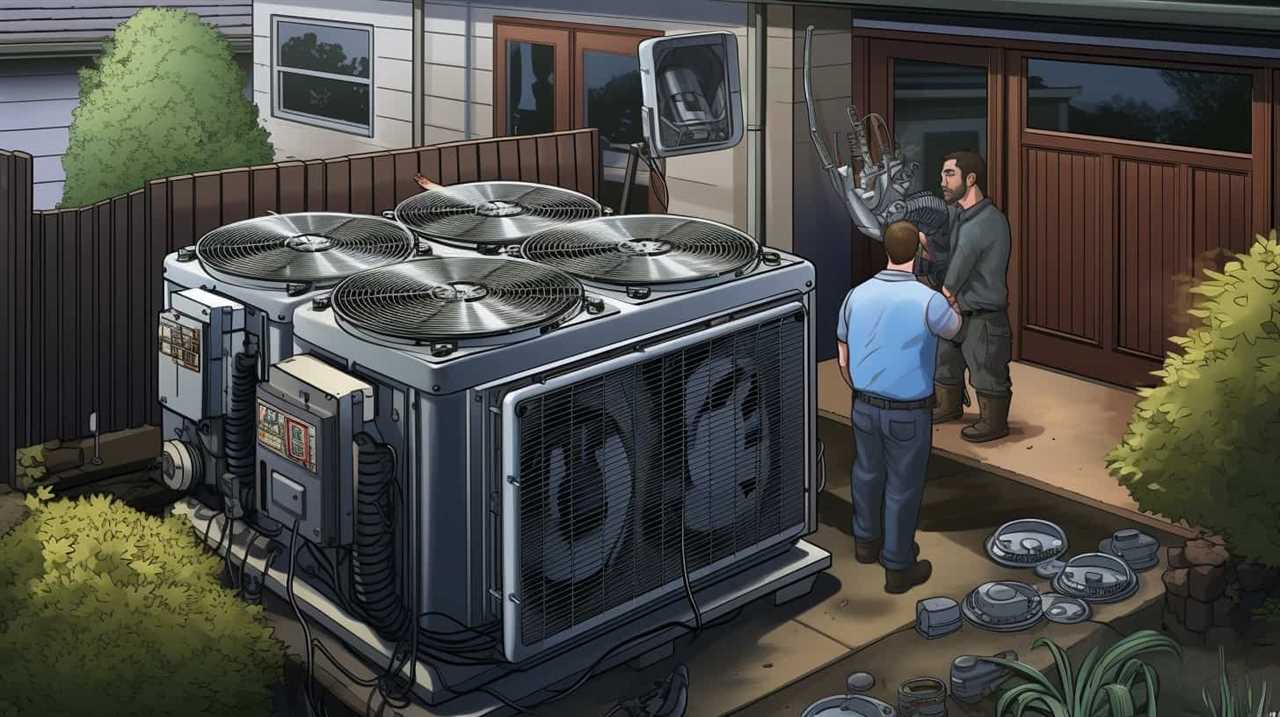
Addressing these issues can help improve the heat output of a heat pump and enhance its energy efficiency.
However, another factor that can affect the overall performance of heat pumps is inefficient energy transfer.
Inefficient Energy Transfer
We have encountered a significant problem in heat pumps: subpar energy transfer. Inefficient energy conversion can lead to decreased performance and higher energy bills.
To troubleshoot this issue, regular heat pump maintenance is essential. The first step is to check the air filters and clean or replace them if necessary. Clogged filters restrict airflow, reducing energy transfer efficiency.

Additionally, inspect the outdoor unit for any debris or obstructions that could impede heat exchange. Clean the coils and remove any dirt or vegetation that may have accumulated.
Another common cause of inefficient energy transfer is refrigerant leaks. Regularly check for leaks and repair them promptly to maintain optimal energy conversion.
Frequently Asked Questions
How Does the Size of a Heat Pump Affect Thermal Transfers?
The size of a heat pump has a significant impact on thermal transfers and overall heat pump performance. The efficiency of a heat pump is affected by its size, with larger units generally providing more efficient heating and cooling.
What Are the Main Factors That Influence Heat Pump Efficiency?
Heat pump efficiency is influenced by several factors, including heat pump design, which affects thermal transfers. Additionally, energy consumption plays a crucial role in determining how efficiently a heat pump operates.

Can Thermal Transfers Be Improved in Older Heat Pump Models?
Yes, thermal transfers can be improved in older heat pump models. Retrofitting options, such as upgrading insulation and improving the refrigerant flow, can significantly enhance efficiency and reduce energy consumption.
Are There Any Alternative Methods of Thermal Energy Transfer in Heat Pumps?
Alternative methods of thermal energy transfer in heat pumps include absorption heat pumps, thermoelectric heat pumps, and magnetic heat pumps. Each method has its own advantages and limitations, and future developments aim to improve efficiency and sustainability.
How Can I Determine if My Heat Pump Is Experiencing a Thermal Transfer Issue?
When troubleshooting a heat pump, it is important to look for signs of thermal transfer issues. These could include uneven heating or cooling, reduced efficiency, or unusual noises. Proper diagnosis is crucial for resolving these issues.
Conclusion
In the intricate dance of thermal transfers within heat pumps, we witness the silent hero that ensures efficient performance and lasting lifespan. Like the steady beat of a heart, these transfers enable the seamless flow of thermal energy, allowing heat pumps to fulfill their purpose with precision.

As we delve deeper into the science behind these transfers, we uncover the key to unlocking the potential of next-generation heat pumps.
So, let’s embrace the significance of proper insulation and troubleshooting, for they hold the power to keep our heat pumps thriving.
